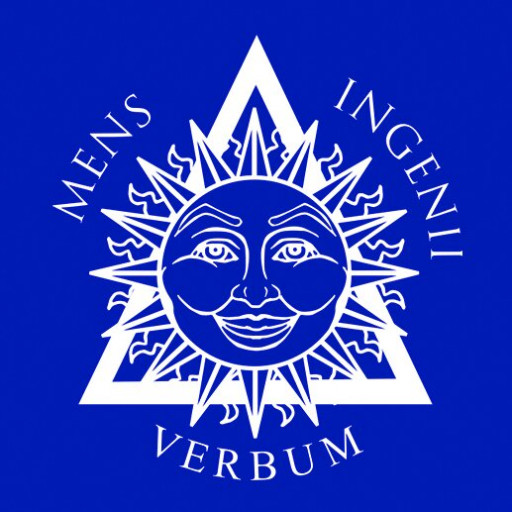Advertisement
The programme consists of 12 taught modules and a Research Project module, and focuses, in particular, on numerical simulation techniques for structural and fluid-flow analyses, renewable and sustainable energy technologies, and biomechanics.
The programme award is a Master of Engineering (ME) Degree, with an option to exit the programme with a Postgraduate Diploma (PgDip). Graduates of the programme will be ideally suited to engage in advanced mechanical engineering research, analysis, and design.
AwardThe award of Master of Engineering (ME) will be made to students who successfully complete the programme. The award of Postgraduate Diploma (PgDip) will be made to students who successfully complete the 12 five-ECTS-credits taught modules. A Single Subject Certificate will be made to students who opt to undertake a single module and who successfully complete that module.
Career OpportunitiesGraduates of the programme will be ideally suited to engage in advanced mechanical engineering research, analysis, and design.
Module Title
* Entrepreneurship for Engineers
* Innovation and Knowledge Management
* Research Methods
* Statistical Analysis for Engineers
* Applied Surface Engineering
* Finite Element Analysis
* Advanced Dynamics with Applied Computer Modelling
* Computational Fluid Dynamics
* Heat and Mass Transfer
* Sustainable Energy Systems
* Renewable and Alternative Energy Technologies
* Biomechanics
* Research Project
Assessment
A variety of assessment methods are used to assess the taught modules including assignments (group and individual), short tests, and formal examinations. The Research Project module is assessed using presentations and reports. End-of-semester formal examinations are held in January and May.
Location
The programme is held mainly on the Bolton Street campus. A small proportion of lectures are delivered on the Kevin Street campus.
Timetable / Hours
All taught modules are delivered each academic year, six in semester 1 and six in semester 2. The taught modules are delivered in the evenings, from 6-10 pm on Monday, Tuesday and Wednesday. The taught modules are delivered in two-hour blocks. Each semester has a total duration of 15 weeks, with twelve weeks of class contact time, one week of review activities and two weeks of formal examinations. Full and part-time students attend the same classes.
Full-time students are required to take six taught modules for each of the two, 15-week semesters, which involves a class contact time of approximately 12 hours per week.
Part-time students typically complete the 12 taught modules and the Research Project module over two years. The student decides what modules he/she will complete each semester and year. The Research Project module cannot, however, be completed in the first year of study. Current part-time students are typically taking four taught modules in each of semesters 1 and 2 of year 1, and two taught modules in each of semesters 1 and 2 of year 2, and the Research Project module in year 2.
The Research Project module is completed over 12 months, from September to September.
Want to improve your English level for admission?
Prepare for the program requirements with English Online by the British Council.
- ✔️ Flexible study schedule
- ✔️ Experienced teachers
- ✔️ Certificate upon completion
📘 Recommended for students with an IELTS level of 6.0 or below.
Students entering new postgraduate courses from September 2012 onwards will make their online application to SUSI.SUSI (Student Universal Support Ireland) is the newly appointed body for student grants in Ireland who operate an online grant applications system accessible at studentfinance.ie.Sponsorship by EmployersEmployers may sponsor an employee to pursue postgraduate studies by research within the Institute, or to attend a postgraduate course. Arrangements are made between the employer, the employee and the Contact person in the relevant School or Research Centre of the Institute. The work may be related to a problem identified by an employer as being of particular interest to her/his firm and expertise and facilities of the Institute may be of particular assistance in its investigation and solution.Other Sources of FundingMany International students studying in Ireland are sponsored by their own government or through other international scholarship programmes. In most cases applications should be made through the Ministry of Education in the student's home country. In the case of UK nationals only they should also contact the Irish Embassy in London for information.The Irish Council for International Students administers Study Fellowships under the Irish Aid Programmes for students for Priority Aid Countries. Please refer to for further information. International students are also advised to refer to the Website of the International Education Board Ireland, which gives information on scholarship sources.StudentfinanceStudentfinance.ie is a website that has information on financial support for further and higher education. It lists the several financial assistance schemes available in Ireland to help you progress through further and higher education.










